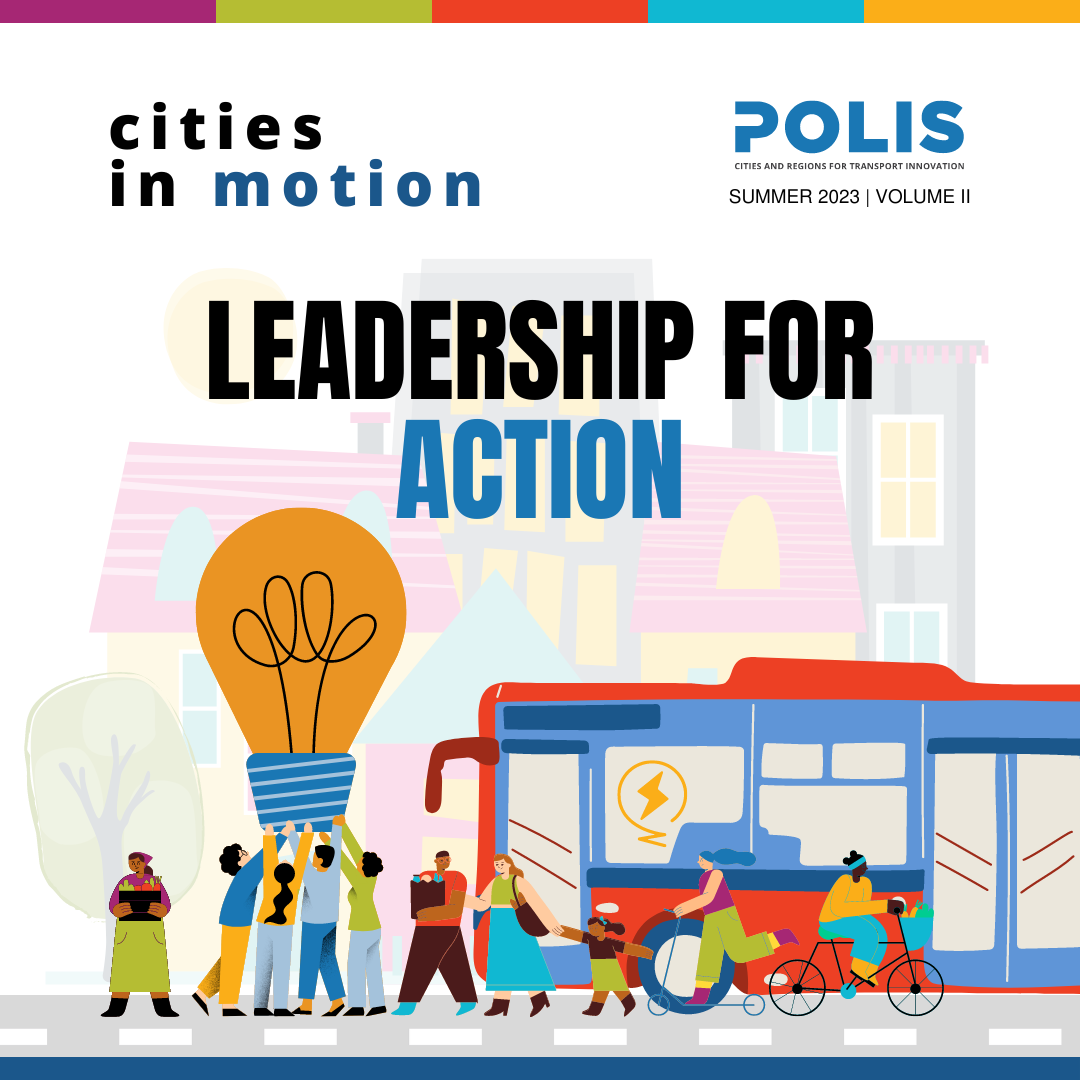Stockholm
Stockholm is one of Europe's fastest-growing cities and has a population of almost 1 million. Stockholm’s climate work is driven by two key goals; making Stockholm fossil fuel-free and climate-positive by 2040 and making the city administration fossil fuel-free by 2030. The city’s plan for how the city will become climate-positive by the year 2030 has been approved by the European Commission through a so-called Mission Label.
Stockholm aims to reduce emissions by 2030 from the transport sector by 80 percent compared to 2010. Measures are taken to reduce private motorist, noise and water pollution and improve the quality of air. At the same time, car traffic also needs to decrease to increase and create a safer and more vibrant city with more space for people instead of cars. More people should be able to choose public transport, cycling and walking. The city works for increased accessibility for walking, cycling and public transport per the city’s strategy for accessibility.
The City of Stockholm is involved in the following Polis working groups: Clean vehicles and air quality, Active travel and health, Traffic efficiency, Governance and integration, Urban freight, Road safety, Economic & social access and Parking.
The City of Stockholm is/was involved in the following EU projects: Civitas Eccentric, Life aspire, Grow smarter, IntelligentSea, Zeeus, NextGen Link, Prosfet & The Northern ScanMed Ports – Sustainable Maritime Links.
The City of Stockholm has published the following documents:
- Environmental program 2020-2023 (Swedish)
- Climate action plan 2020-2023 (Swedish)
- Urban Mobility Strategy (English)
- Stockholm freight plan (English)
- Strategy for public spaces (English)
- Plan for safe and secure school routes (English)
- Stockholm pedestrian plan (English)
Modal Split

deployEMDS
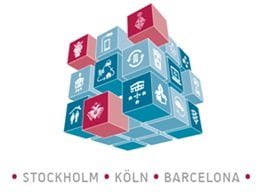
GrowSmarter
- Related News
- Related Events
- Related Documents

Stockholm wins the POLIS Award 2024

Charting AND Changing the Course: Annual POLIS Conference 2024 wraps up

Charting the Course: Cities in motion #5 is out now!

Will the Closing Plenary at the POLIS Conference 2024 ‘chart or change the course’ toward sustainable mobility?

POLIS joins the REFOCUS Project for the next generation of SUMPs and regional mobility plans

POLIS members feature in IMD Smart City Index

GIANTS project survey: We need your support!

Cities and regions take off at Amsterdam Drone Week 2024

Join the deployEMDS Network of Follower Cities and Regions!
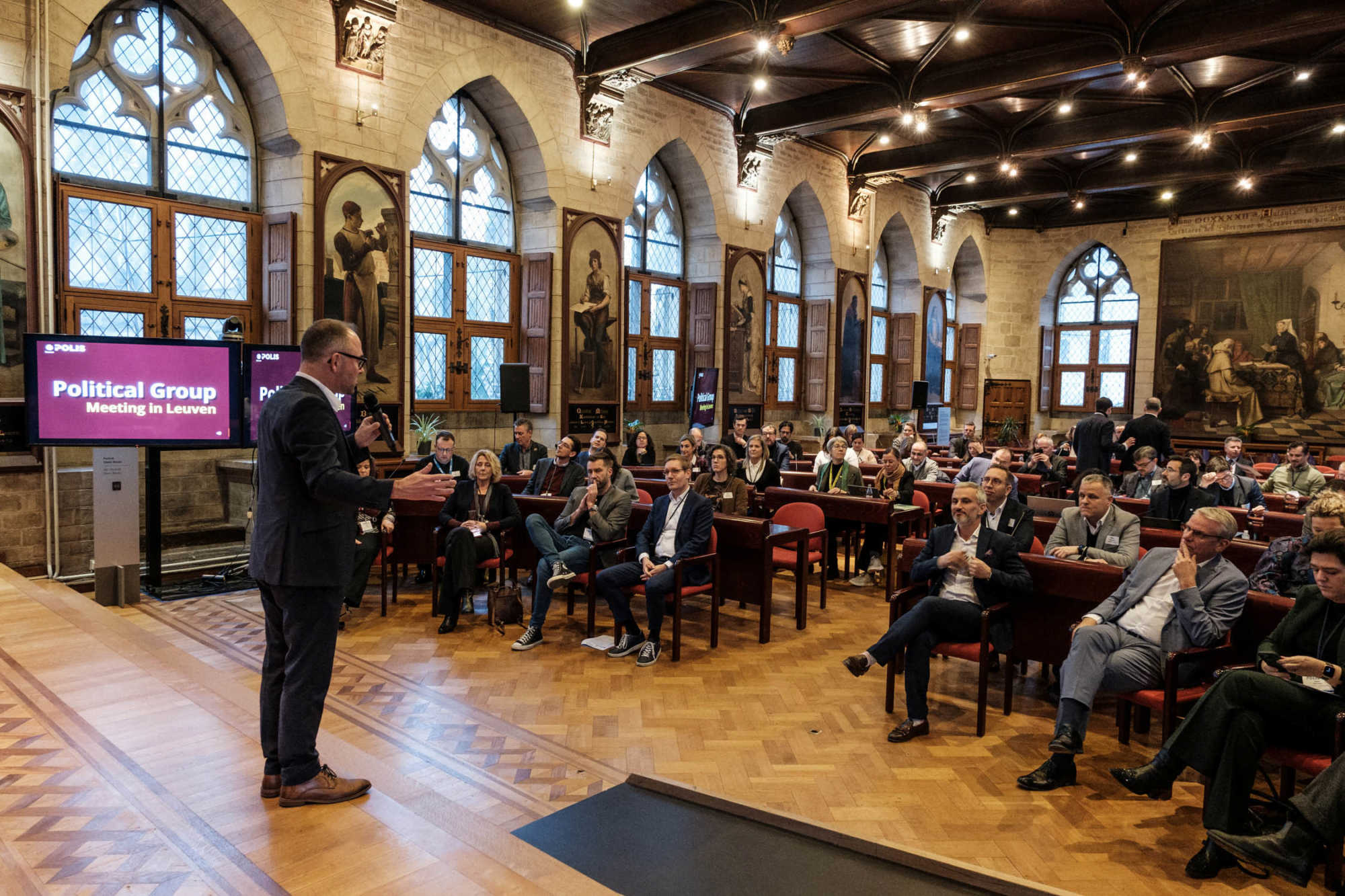
POLIS’ Political Group shows the mobility leadership Europe needs

Winning elections with sustainable mobility? POLIS’ Annual Conference reveals just how!
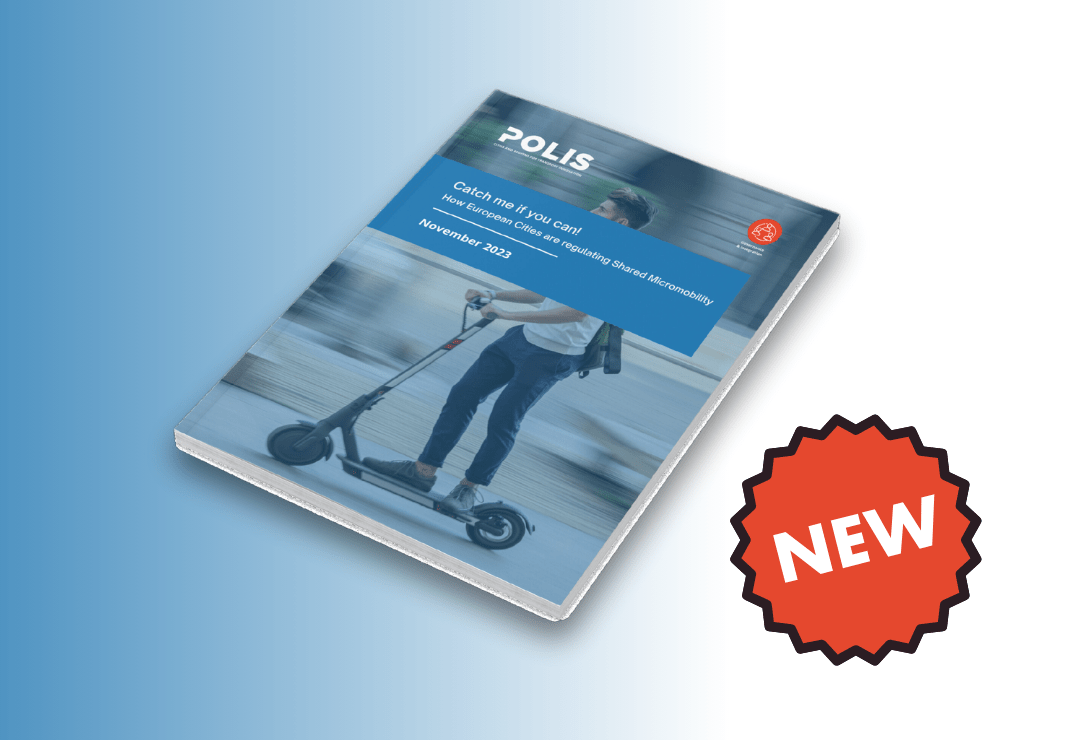
POLIS publishes new report on shared micromobility

Cities call for improved regulation of foreign drivers in UVARs

Deployment of European Mobility Data Space launched at #TMWC23

Ten European cities recognised with EU Mission label for their plans to reach climate-neutrality by 2030
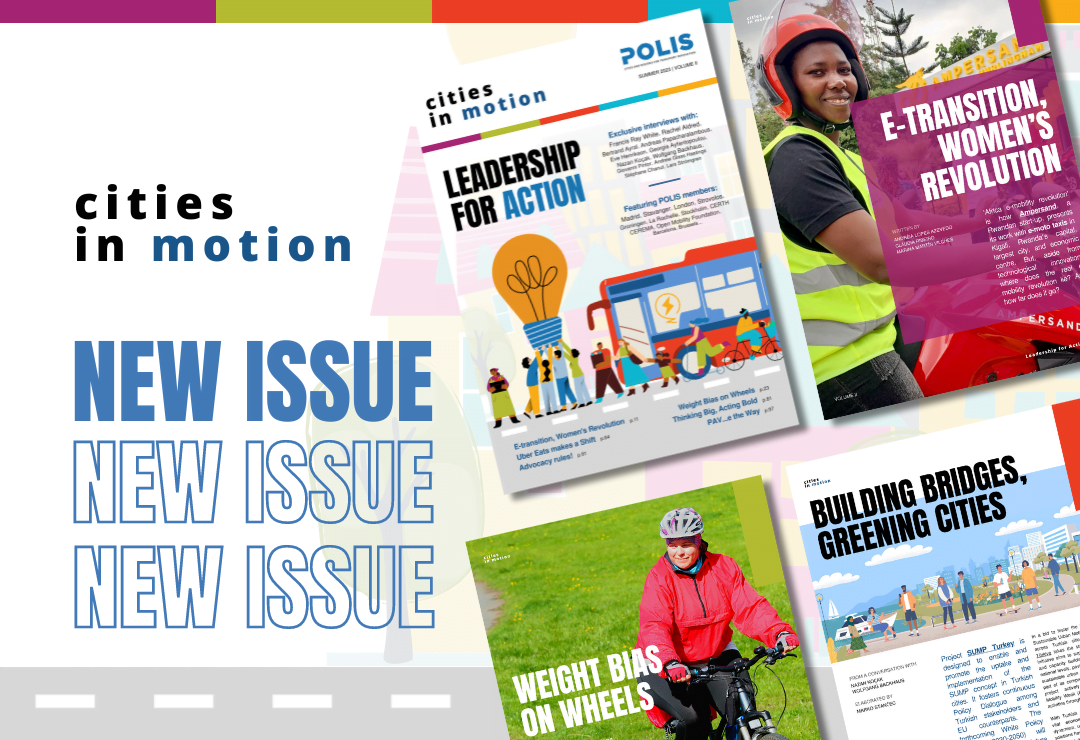
POLIS publishes second volume of magazine Cities in motion!
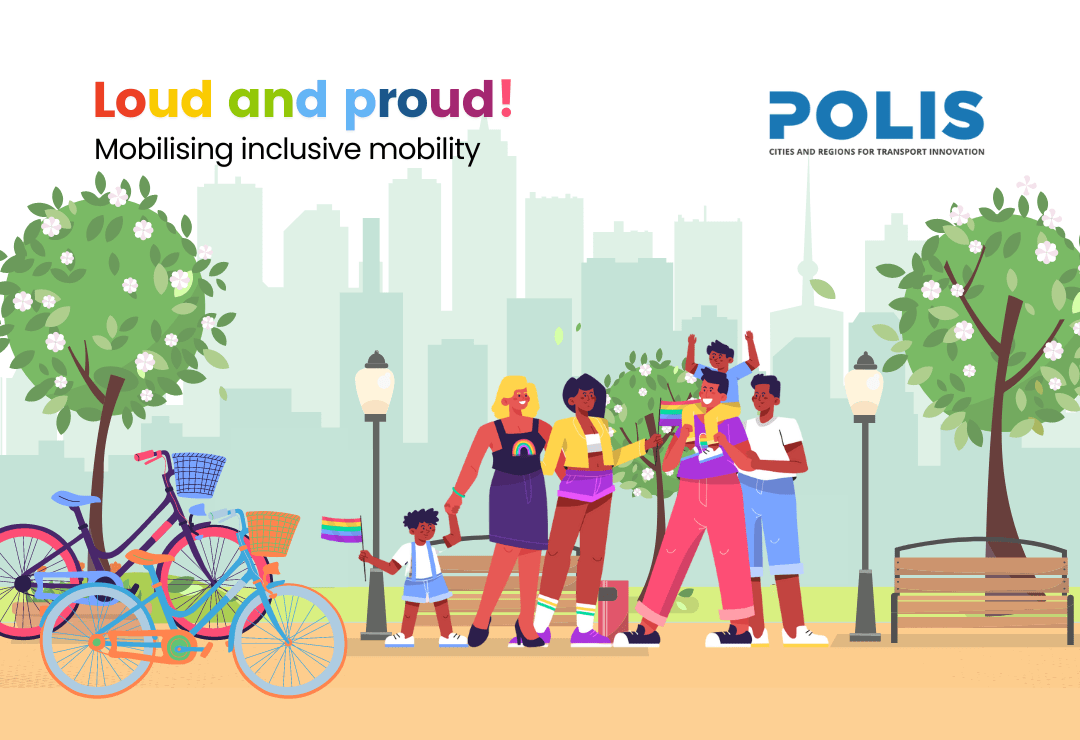
Loud, proud, and always mobilising inclusive mobility
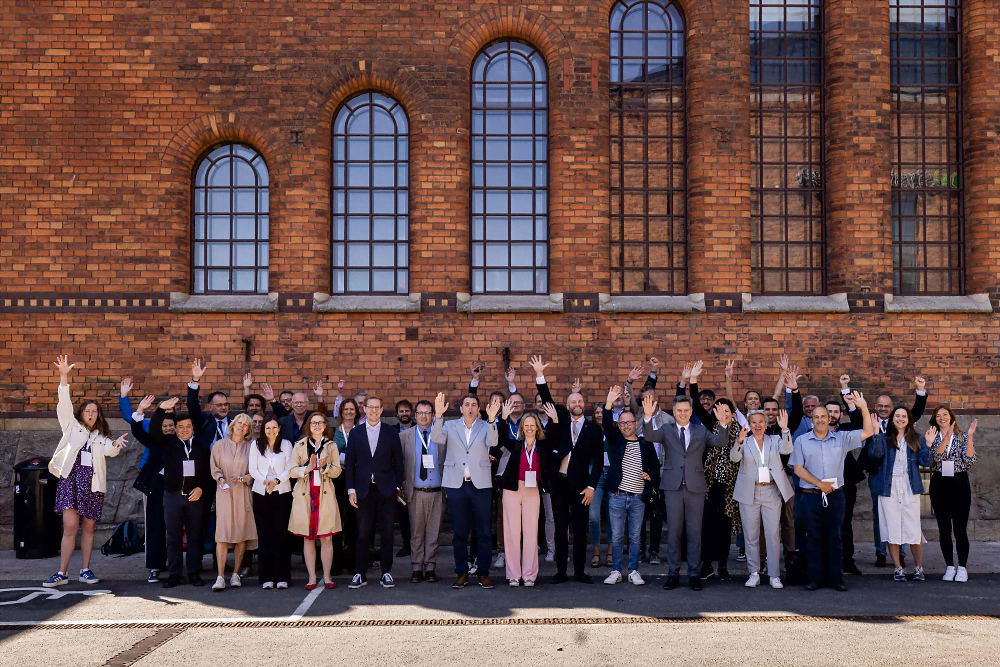
Policymakers lead the way at POLIS’ Political Group meeting

Transport leaders walk the talk at POLIS’ Leadership Summit
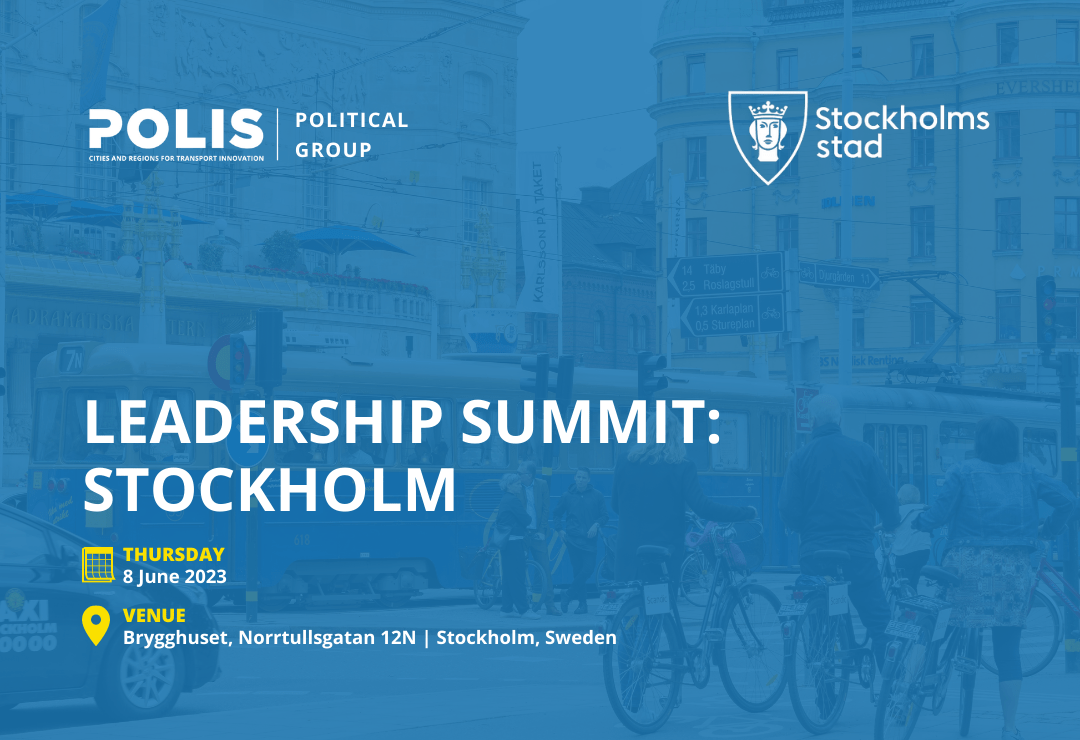
Join urban mobility leaders in Stockholm to discuss momentous transport challenges
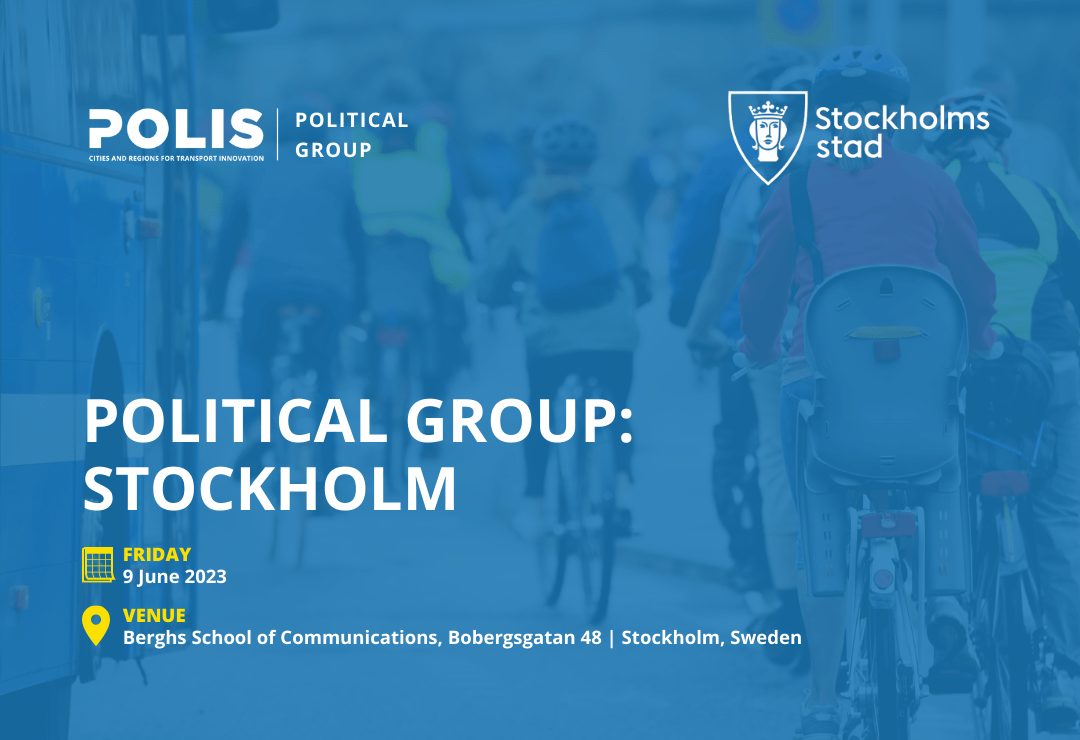
Rethinking mobility with local and regional political leaders in Brussels… all the way to Stockholm
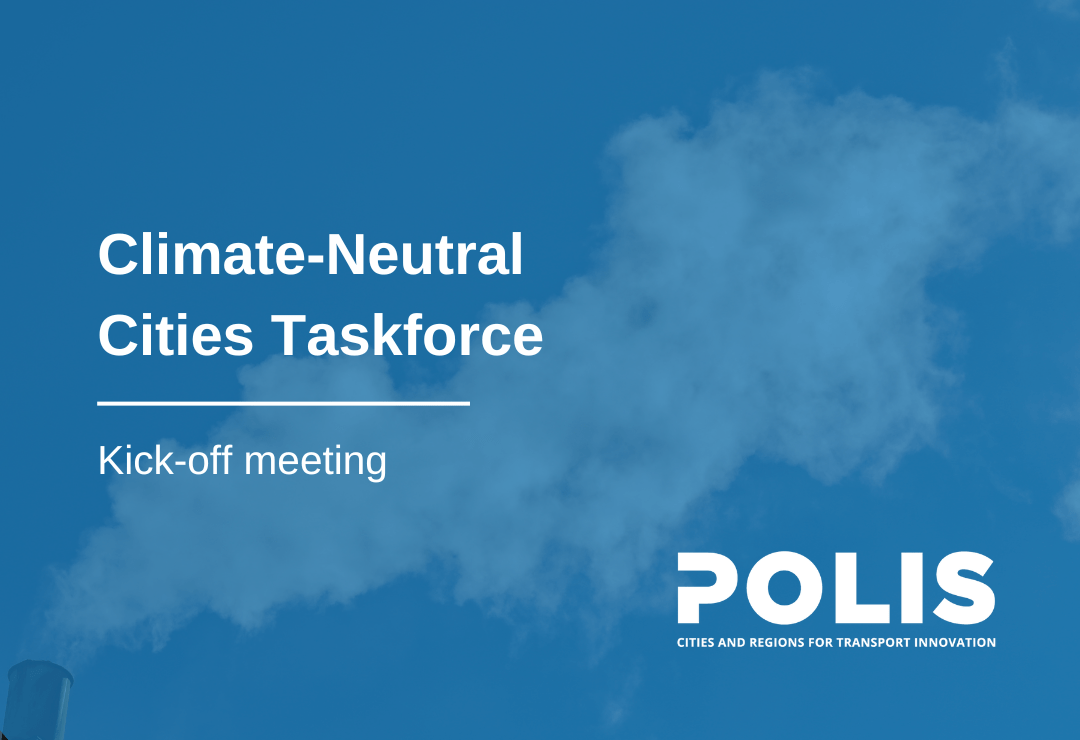
Full steam ahead for POLIS’ Climate Neutral Cities Mission Taskforce!
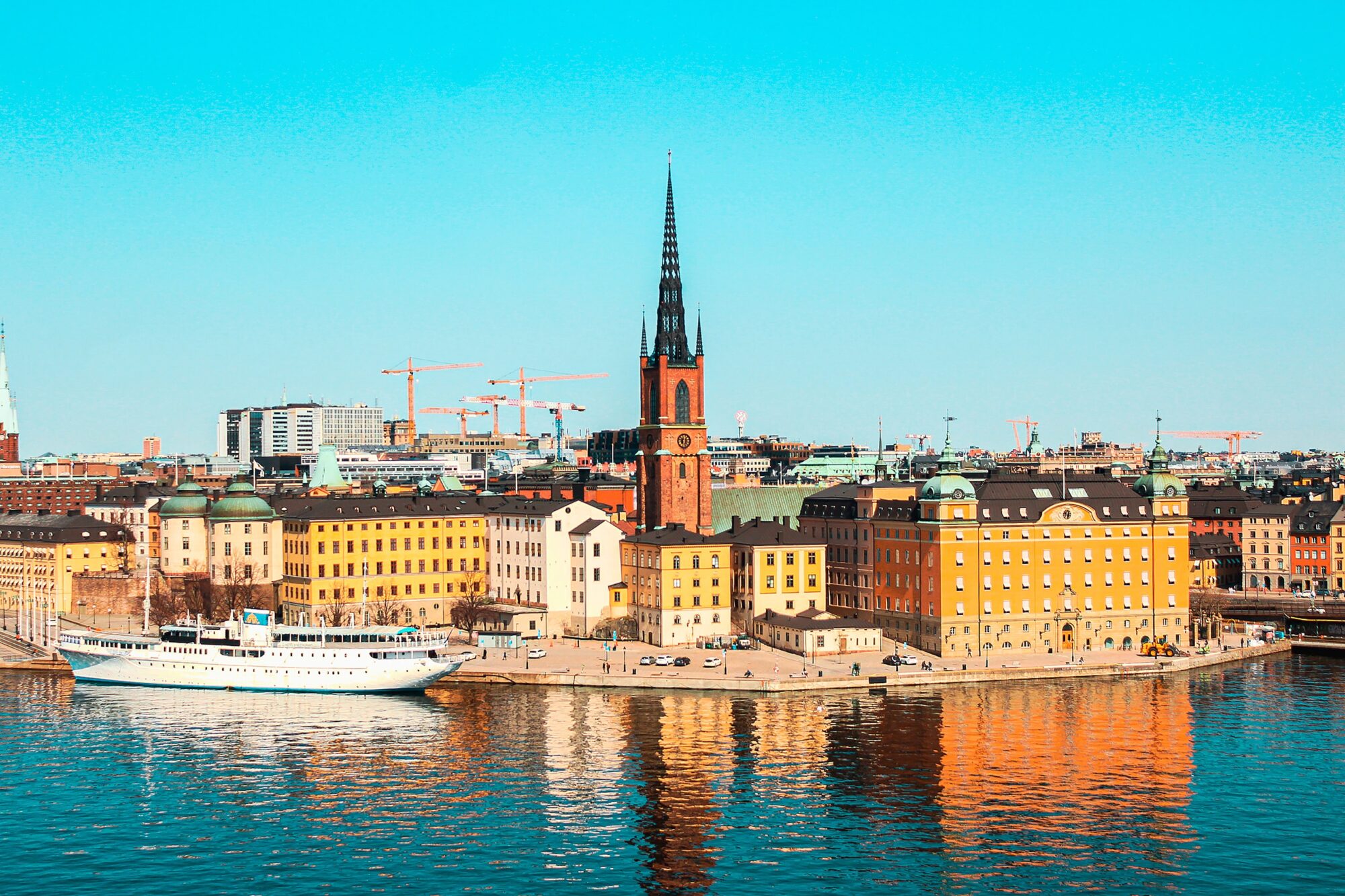
Upcoming POLIS Leadership Summit set for Stockholm

Fluctuo’s new Index proves that shared mobility is here to stay

POLIS joins Expert Group for Urban Mobility

POLIS Working Groups: What you missed

GeoSence project survey: Make your voice heard

Shared mobility guidelines and tools: SuSMo is looking for cities to provide feedback
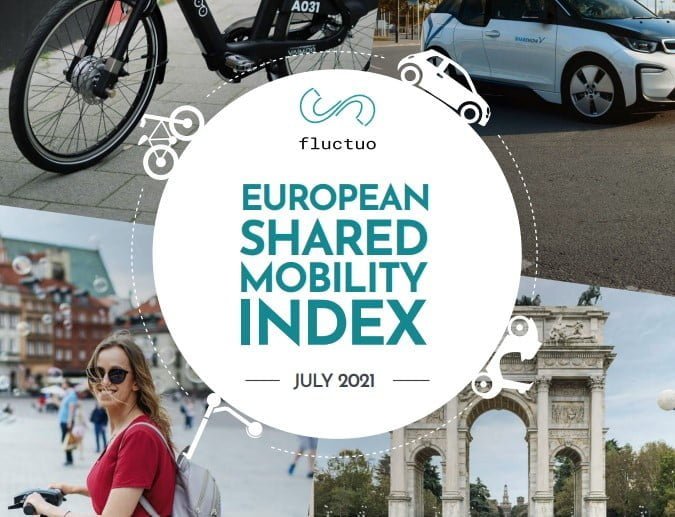
A look at the European Shared Mobility Industry: Fluctuo’s latest Index

Hot off the press: Latest issue of Thinking Cities is now available

New report provides snapshot of shared mobility industry in Europe

Impacts of transport-related policy measures on air quality

POLIS members and experts discuss gender perspectives in mobility
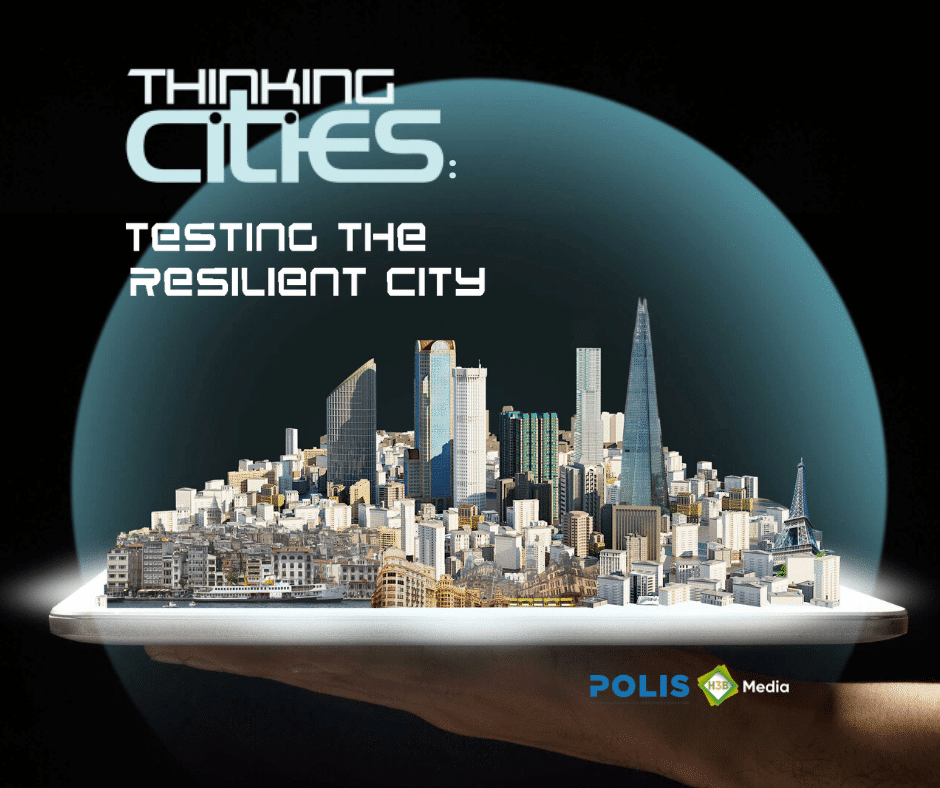
Testing the Resilient City: New edition of Thinking Cities puts spotlight on COVID

GeoSence Result Conference

Cities in motion – Volume V: ‘Charting the Course’
Catch me if you can! – Micromobility paper
